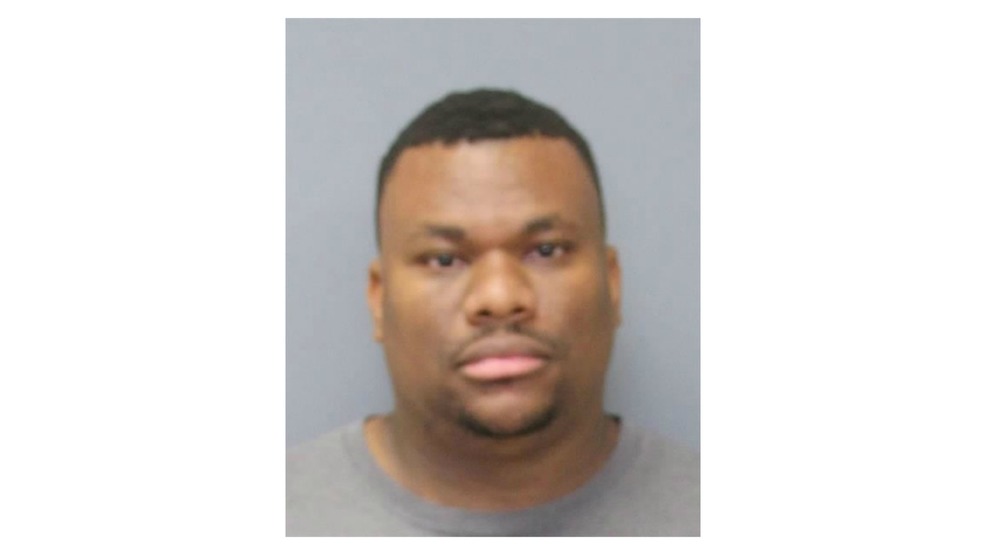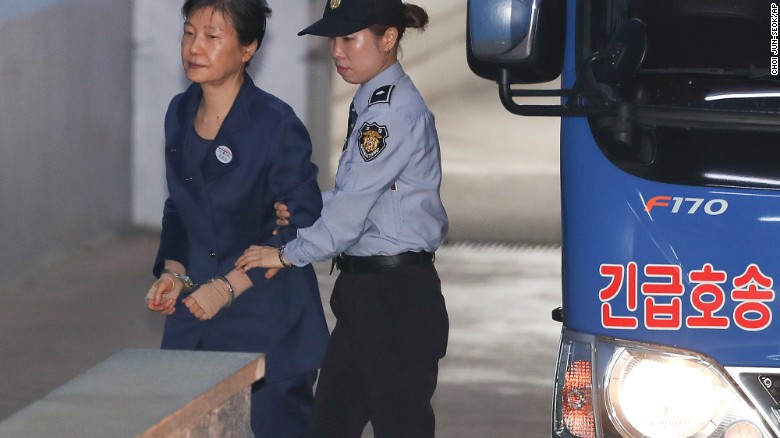By: Katherine Hewitt
Impunity Watch Reporter, Asia
BEIJING, China – The 19th Party Congress of China meets in Beijing 18 October through 24 October 2017. Over 200,000 delegates descend on the city during this time. During this party election the next president of China will be elected for 5 years. It will most likely be the current president, Xi Jinping.

However, as the meeting approached and during the meeting Beijing officials cracked down on security. The city is what some call a ‘lockdown.’
Several human rights activists have been detained or forced to leave. Several others are under surveillance. Police fill the streets both day and night carrying assault weapons. Documents are checked in the street frequently, and people are stopped for questioning. Internet censorship increased. Those who come into the city to raise questions about unpaid salaries, corruption, and pollution see an increase in pressures, including arrest.
Additionally, the Beijing government closed restaurants, meeting halls, and nightclubs to curb large gatherings of people. To discourage travel into the city Airbnb and other similar home-sharing companies are closed temporarily.
Traveling within the capital city takes longer when the Party Congress is in session. Increased security at subway stations created insanely long lines. One blogger quipped that it might be faster to skateboard, take a boat or a horse.
These increased security measures are Xi Jinping’s way of showing that he is not afraid to show a “heavy hand on those who dare to exist with differing views.” In his opening speech at the 19th Party Congress he vowed to keep foreign influence low, calling China a “strong and great power” by itself. His speech invoked heavy nationalist vibes.
Some Chinese Human Rights activist are fearful that Jinping’s ‘neo- totalitarian’ ideology will be written into the party constitution. There are also concerns over whether a successor will named to replace him after his second 5 year term or whether he will continue on as president.
For more information, please see:



